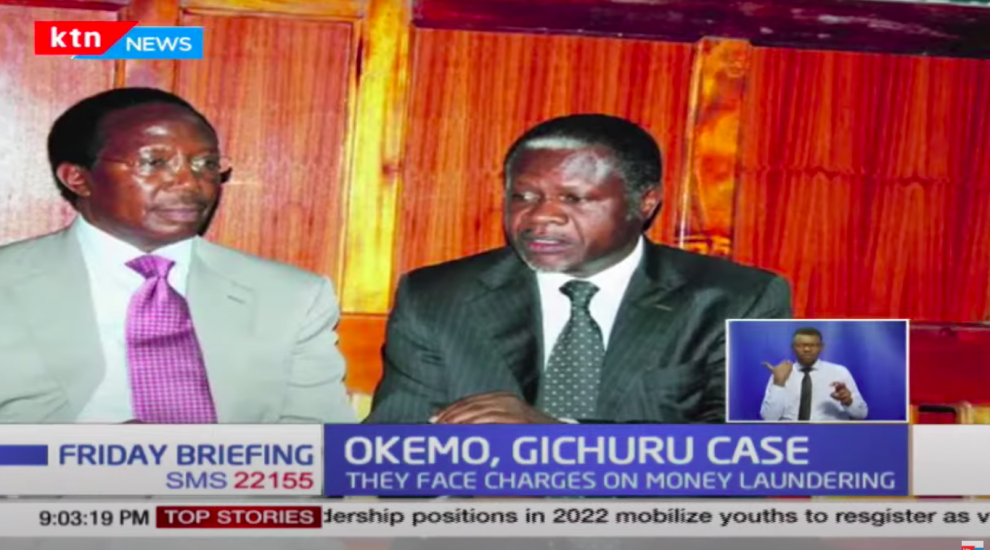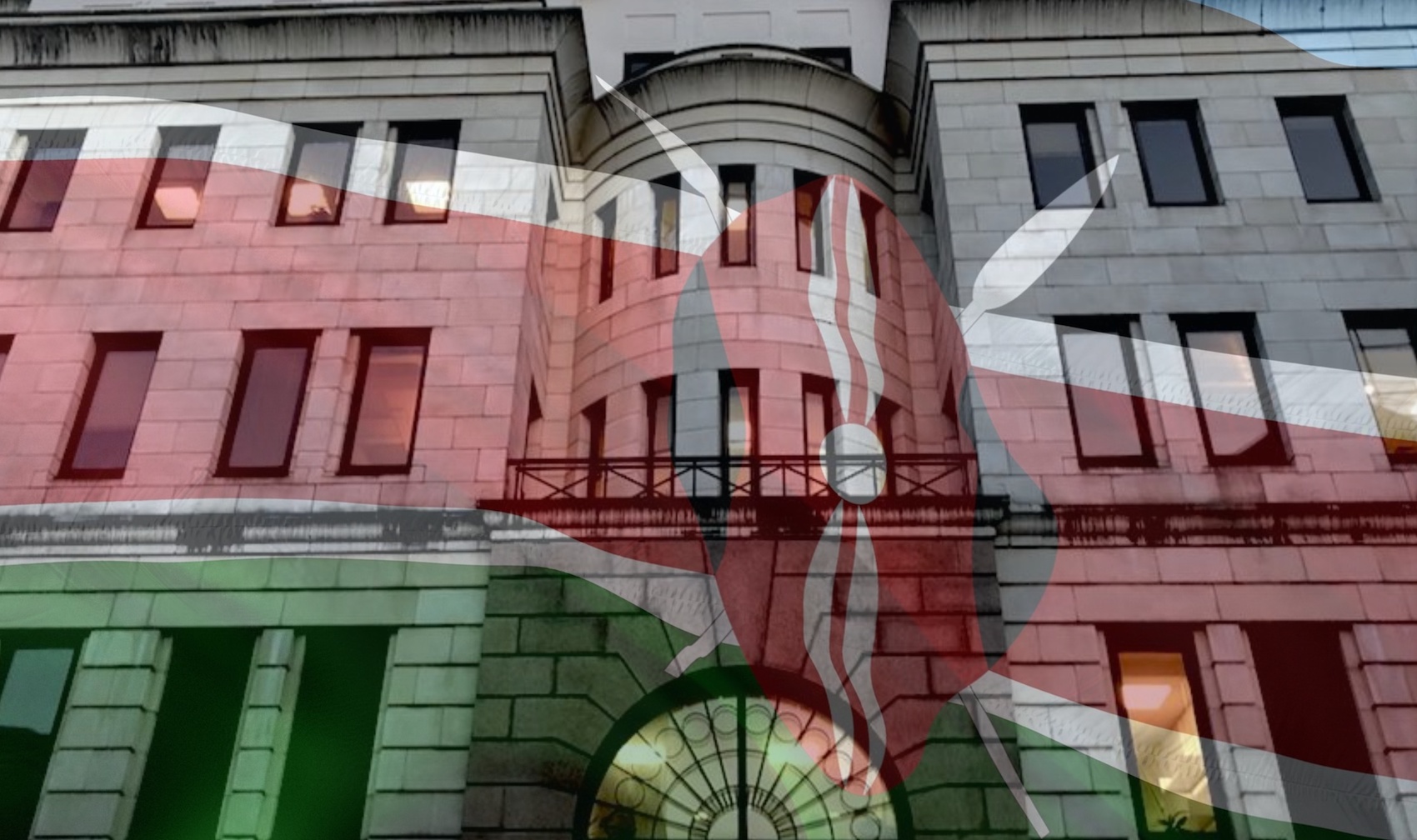


Plans to extradite two high-ranking Kenyan public officials accused of hiding corrupt cash worth millions in Jersey have finally been given the green light after a 10-year blockage.
Samuel Gichuru, the former CEO of Kenya’s power company, and former Finance Minister Chris Okemo are accused of accepting bribes from foreign businesses that contracted with the electricity provider and concealing the money using a Jersey-based company called Windward.
In 2011, island authorities issued warrants for their arrest.
But the extradition process was held up by legal challenges from the pair and a row over whether Kenya’s Director of Public Prosecutions (DPP) had the right to extradite them.
In the meantime, Windward pleaded guilty to four counts of laundering the proceeds of corruption between July 1999 and October 2001 in Jersey’s Royal Court in 2016.
Video: The breaking news story reported on Kenyan TV on Friday. (KTN News Kenya/YouTube)
At the time, the Court heard that the Kenyan power company had awarded contracts to a number of engineering and energy companies worldwide, who had all made payments to Windward. Mr Gichuru was found to be the beneficial owner of the company.
On Friday, Kenya’s Supreme Court struck out an earlier judgment by the country’s Court of Appeal, and ruled that the Director of Public Prosecutions should be able to continue with the extradition proceedings on a “priority basis”.
Jersey’s Law Officers' Department declined to comment.
The Windward case in 2016, and the attempts to extradite Mr Gichuru and Mr Okemo, are the culmination of what has been described as a "groundbreaking" years-long international investigation by the Law Officers' Department under the supervision of the then-Solicitor General, Howard Sharp.
Pictured: Windward pleaded guilty to money laundering five years ago.
It came about as a result of a Suspicious Activity Report filed in 2002 by Directors who took over Windward from Mr Gichuru, who had control of it between 1999 and 2001.
They raised the alarm when they couldn’t discover where its assets had come from.
At the case’s conclusion in 2016, the Royal Court ended up confiscating around £3.6m from the company, effectively stripping it of all its assets.
A process is now underway to repatriate that cash to Kenya to assist with its covid response.

Pictured: The investigation was led by the Law Officer's Department.
The Supreme Court decision was a majority verdict, with all but one judge supporting the DPP.
The Special Prosecutor said it had "confounded" the DPP as to why there had been a challenge over whether they had the authority to order extraditions in this instance alone.
"Prior to all this, there was no doubt in [the Attorney General's] mind that the power lies with us. For all those 10 years, it has been the DPP who has been executing that mandate," he said.
Kenya's DPP described Friday’s Supreme Court result as a “big win… in the war against transnational and organised crime including but not limited to corruption and money laundering.”
Pictured: A still from a news report about the Kenyan Supreme Court decision on Friday (5 November).
Comments
Comments on this story express the views of the commentator only, not Bailiwick Publishing. We are unable to guarantee the accuracy of any of those comments.